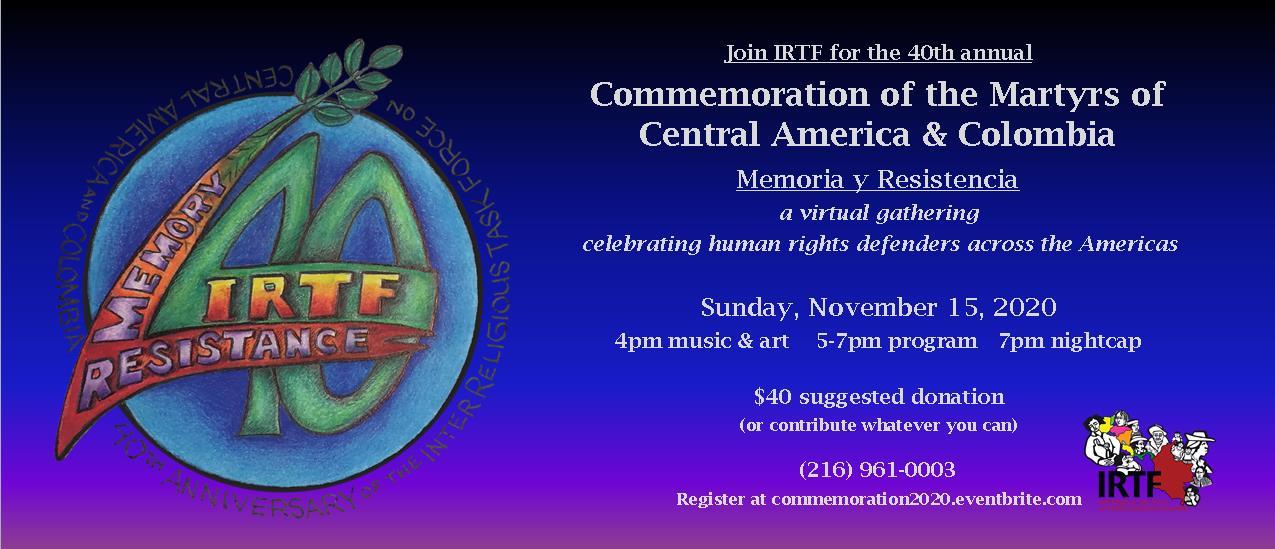The Bufete de Estudios para la Dignidad, in conjunction with the Movimiento Amplio por la Dignidad y la Justicia, MADJ, makes public the sentence resolution issued by the Constitutional Chamber of the Supreme Court of Justice (CSJ), in which the CSJ orders the municipal government of La Union, Copan and the Ministry of Health to reject any authorization of exhumations in the Cemetery of San Andres (Azacualpa) carried out by Aura Minerals (MINOSA).The ruling restores the right to self-determination of peoples, personal integrity, culture and the right to protection of the family. It constitutes a precedent that vindicates and strengthens community struggles and the exercise of sovereignty against the abuses and violations of rights by companies and, in general, by the extractive model in Honduras.
- Home
- About Us
- Issues
- Countries
- Rapid Response Network
- Young Adults
- Get Involved
- Calendar
- Donate
- Blog


